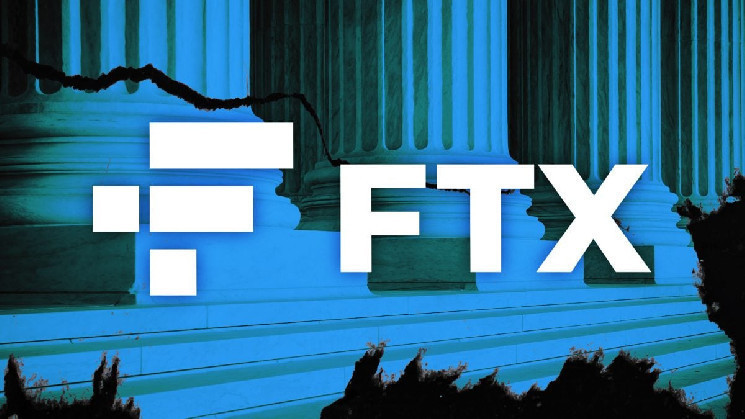While 2023 might be remembered for the sheer number of crypto bankruptcy cases, the biggest one that’s seen FTX creditors seek to recover over $8 billion could go on for years due to the sheer number of people and companies fighting over what’s left.
Alan R. Rosenberg, a partner at Markowitz Ringel Trusty & Hartog, said the case, filed last November, will drag along longer than some other crypto bankruptcies like Celsius and BlockFi. That’s because FTX is litigating multiple clawback claims, or avoidance actions, trying to recover money it paid out in the weeks and months before becoming insolvent.
“Given that some of these transfers are probably very significant and some of them were made to large organizations, which I’m sure are very capable of defending themselves, it’s very possible that some of these things could last for a long time,” Rosenberg told The Block in an interview.
Such claims are usually resolved in settlements outside court and don’t go to trial, Rosenberg added, because it’s generally less expensive to settle. However, negotiating the settlement can also take time.
While FTX is trying to claw back the money its former leadership generously spent, it’s also fighting against a whopping $24 billion claim from the Internal Revenue Service, which says the crypto exchange did not pay all of its taxes.
The flurry of lawsuits
FTX has already settled mutual adversary complaints with Genesis, a crypto firm that has yet to emerge from its own bankruptcy, and which had been a major creditor of FTX-affiliated trading firm Alameda Research,
Similar complaints by FTX and Alameda have also not been resolved yet, including, among others, a lawsuit against crypto exchange ByBit for $1 billion. FTX is also trying to recover $71 million from its own philanthropic arm, as well as payments to multiple celebrities for promotion, too.
There are also lawsuits involving what the bankruptcy estate believes were fraudulent transactions, and FTX is currently suing ex-CEO Sam Bankman-Fried and other former executives, as well as Bankman-Fried’s parents.
There could be more such complaints to come up in the future, Rosenberg said, adding some may concern FTX investments and its political donations. “Some folks may not want to fight about it, but other people probably will and some people might not have the money anymore. And my understanding is that FTX was throwing money all over the place, so there’s a lot of targets,” Rosenberg said.
What it’s worth
One of the key questions in such litigation is how to calculate the value of crypto over time, Rosenberg said. “There hasn’t been any definitive case law that I’m aware of on how cryptocurrency gets valued in avoidance action litigation.”
One precedent that can potentially be used is the 2014 bankruptcy of a crypto firm HashFast, Rosenberg added.
“It was a classic cryptocurrency avoidance issue, which is prior to the petition date, somebody was given a certain amount of crypto. And then by the time they got sued, that same amount of crypto was worth significantly more,” he continued.
Another painful question in crypto bankruptcies is how creditors should be paid, in crypto or in fiat money, and there are no official rules on that. However, given the amount and scope of bankruptcies in crypto recently, and the adoption of crypto by mainstream finance, Rosenberg hopes that new rules are soon to come.
“I’m hoping that these enormous crypto insolvency cases and the aftermath inspire legislators to come to some kind of a consent at least come up with a mechanism that will allow people to determine what kinds of crypto’s could be distributed,” the lawyer said.
Read the full article here

